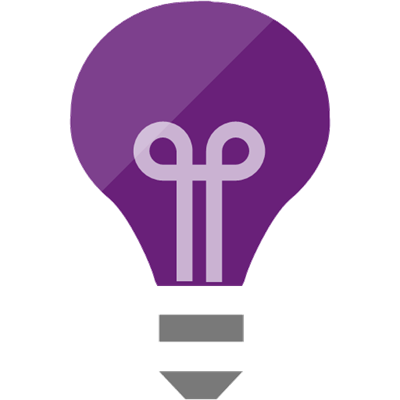If you have worked any with Azure Cosmos DB you are well aware of Request Units, or RUs. What exactly are RUs and how do they work? The cost of all database operations is normalized by Azure Cosmos DB and is expressed by Request Units (or RUs, for short). You can think of RUs per second as…
Adventures with Azure Cosmos DB: Repository Pattern
In a recent article, Adventures with Azure Table Storage: Repository Pattern, I wrote about how one possible implementation of the repository pattern using the Microsoft.Azure.Cosmos.Table SDK. This article mirrors that article, except this time around I used the Microsoft.Azure.Cosmos SDK. So if you are interested in getting a better understanding, please read that first article…
Adventures with Azure Table Storage: Repository Pattern
I am not a fan of writing wrapper libraries around SDKs. A good mature SDK should be simple to use and require a minimal amount of code to implement. Instead, I would rather focus on guiding the development team on how to best use the SDK, in this case the Microsoft.Azure.Cosmos.Table SDK. What exactly is…
Adventures with Azure Table Storage: Default Retry Policy
I am working on a .NET Core 3.0 C# example of the Repository design pattern leverage Azure Table Storage. I have been using the Microsoft.Azure.Cosmos.Table library. One thing that is nice about leveraging the available SDKs is that a Retry design pattern is often implemented by default using Polly. For the life of me, I…
Adventures with Messaging: Choose Your Own Messaging Service
I have been doing a lot with Azure messaging services of late, including Event Grid, Event Hub, Service Bus and Storage Queues. In an effort to reduce the number of searches I do for C# code on how to work with these various messaging services in .NET Core, I have created a sample solution for…
Adventures with Azure: Downloading and Uploading Files with .NET Core
From time to time I have to add file upload and download support for my applications. It seems like I have done this a bajillion and one times in the past but can never seem to remember where this code lives! My thought? Want not capture them all in an article on my blog? Not…
Adventures with App Insights: Tracking Custom Events in .NET Core Function Application
WARNING: According to this article, https://docs.microsoft.com/en-us/azure/azure-functions/functions-dotnet-dependency-injection#logging-services, is NOT A RECOMMENDED PRACTICE. While what I have done works, according to the article, adding AddApplicationInsightsTelemetry() to the services collection “registers services that conflict with services provided by the environment.” In a previous article, we looked at how to track custom events in Azure Application Insights from a .NET Core Web…
Adventures with App Insights: Tracking Custom Events in an ASP.NET Core Web Application
I wanted to see how to track custom events in Azure Application Insights with an ASP.NET Core Web Application. A lot of what I wanted to do was found in the article, Application Insights for ASP.NET Core applications, I wanted to streamlined things a bit, specific to my use case. Let’s get started! In Azure,…
Adventures with Azure: Cosmos DB, Azure Functions, Event Grid, Oh My!
To get a better understanding of the Cosmos DB Change, Event Grid, retry and fail over logic, I decided to build a system that would respond to changes in a Cosmos DB, send events to an Azure Event Grid, which in turn would forward the events to subscribers. I broke this article in to three…
Adventures with Azure DevOps: Create a Custom Dashboard Widget
I have been doing a lot with Azure DevOps lately, from building pipelines to dashboard. As I was building out a dashboard with various widget, I wondered if it was possible to create a custom dashboard widget! What do you know? You can! The widget are a combination of HTML, JavaScript and CSS. So I…




